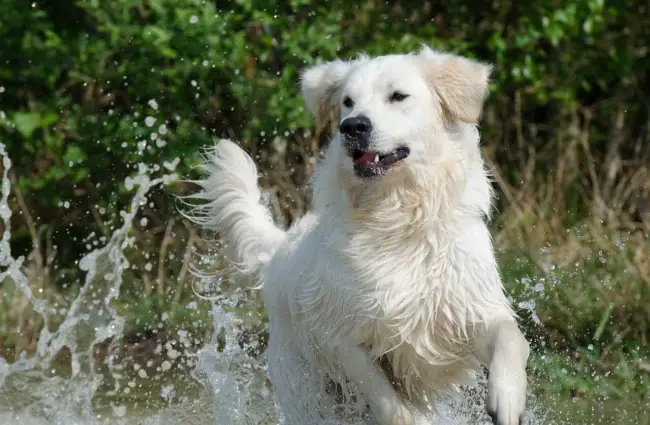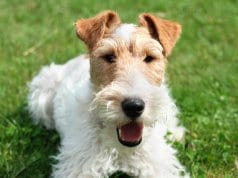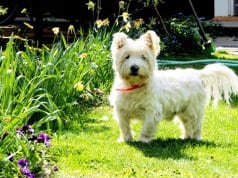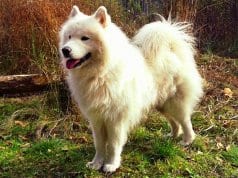The Golden Retriever, a breed synonymous with loyalty, intelligence, and a perpetually wagging tail, consistently ranks among the most popular dog breeds worldwide. This isn’t simply a matter of aesthetics; the Golden Retriever’s temperament and capabilities have earned it a place as a beloved companion, a skilled working dog, and a devoted family member. Understanding the breed’s history, characteristics, and needs is crucial for anyone considering adding a Golden to their life.

A History Rooted in Scottish Estates
The story of the Golden Retriever begins in the Scottish Highlands during the mid 19th century. Dudley Marjoribanks, later Lord Tweedmouth, sought to create the ultimate gundog—a breed capable of retrieving waterfowl from both land and water, even in challenging terrain. He achieved this by crossing a Yellow Retriever with a Tweed Water Spaniel (now extinct), along with infusions of Irish Setter and Bloodhound. The result was a powerful, intelligent, and gentle dog perfectly suited for the shooting estates of the time. These early Golden Retrievers weren’t just skilled hunters; their soft mouths, the ability to retrieve game without damaging it, were highly prized. The breed gained official recognition by the Kennel Club in 1911 and quickly spread beyond Scotland to become a global favorite.

Physical Characteristics
Size and Weight
Golden Retrievers are medium to large sized dogs. Males typically stand 23 to 24 inches tall at the shoulder and weigh 65 to 75 pounds. Females are slightly smaller, measuring 21.5 to 22.5 inches and weighing 55 to 65 pounds. Their build is athletic and powerful, reflecting their working heritage.
Coat and Color
The Golden Retriever is known for its lush, water‑repellent double coat. The outer coat is dense and slightly wavy, while the undercoat is soft and provides insulation. Colors range from light golden to a rich, dark gold. While some variations exist, white or extremely pale shades are considered outside the breed standard. Regular grooming is essential to manage shedding and prevent matting.

Temperament and Behavior
Golden Retrievers are renowned for their exceptionally gentle and friendly temperament. They are eager to please, intelligent, and highly trainable, making them excellent companions for people of all ages. They possess a natural affinity for children and are known for their patience and playfulness. Their inherent desire to work and please also means they thrive on having a job to do, whether it’s retrieving a ball, learning tricks, or participating in canine sports.
However, prospective owners should be aware that Golden Retrievers are active dogs and require plenty of exercise to stay happy and healthy. A bored Golden can become destructive or develop unwanted behaviors. Early socialization is also crucial to ensure they are well adjusted and comfortable in a variety of situations.

Caring for Your Golden Retriever
Exercise Needs
Golden Retrievers need at least one to two hours of exercise per day. This could include brisk walks, runs, swimming, fetch, or engaging in canine sports like agility or obedience. Their love of water makes swimming a particularly enjoyable activity. Remember to adjust the intensity of exercise based on the dog’s age and health.
Grooming Requirements
Regular grooming is essential to maintain a healthy coat and minimize shedding. Golden Retrievers should be brushed several times a week and more frequently during shedding season. They also require occasional baths, nail trims, and ear cleaning. Professional grooming can be helpful, particularly for managing the dense undercoat.
Training and Mental Stimulation
Golden Retrievers are intelligent and eager to please, making them relatively easy to train. Positive reinforcement methods are the most effective. Early obedience training is highly recommended, as is providing plenty of mental stimulation through puzzle toys, interactive games, and trick training. This breed excels in activities that challenge their minds and bodies.

Health Considerations
Like all breeds, Golden Retrievers are prone to certain health conditions. These include hip and elbow dysplasia, cancer (particularly lymphoma and osteosarcoma), heart conditions, and eye problems such as progressive retinal atrophy. Responsible breeders screen their dogs for these conditions to minimize the risk of passing them on to future generations. It’s important to choose a reputable breeder who prioritizes health and temperament. Regular veterinary checkups are also crucial for early detection and management of any health issues.

Golden Retrievers: Beyond the Basics
For those deeply fascinated by the breed, several nuances deserve attention. The Golden Retriever’s soft mouth isn’t just about retrieving game gently; it’s linked to specific genetic predispositions affecting muscle control. Furthermore, the breed exhibits variations in coat type—some lines produce more feathering (longer hair on the legs and tail) than others. Interestingly, Golden Retrievers were initially categorized as sporting dogs, but their versatility has led them to excel in diverse roles—from search and rescue to therapy work to assistance for individuals with disabilities.
The breed’s exceptional scent detection abilities have also made them valuable assets in wildlife conservation efforts, assisting in tracking endangered species. And while their playful nature is well known, Golden Retrievers also possess a remarkable capacity for empathy, often intuitively responding to human emotions. These subtle qualities further contribute to the breed’s enduring appeal.

In conclusion, the Golden Retriever is more than just a beautiful and friendly dog. It is a breed with a rich history, a remarkable temperament, and a unique set of capabilities. While they require commitment in terms of exercise, grooming, and training, the rewards are immeasurable. For those seeking a loyal companion, a playful friend, and a devoted family member, the Golden Retriever remains an exceptional choice.






![Red Angus Closeup of a beautiful Red Angus cowPhoto by: U.S. Department of Agriculture [pubic domain]https://creativecommons.org/licenses/by/2.0/](https://animals.net/wp-content/uploads/2020/03/Red-Angus-4-100x75.jpg)

